Chef Ángel León is on a mission to change the way we see oceans. Read about his gastronomical innovations.


Chef Ángel León is on a mission to change the way we see oceans. Read about his gastronomical innovations.
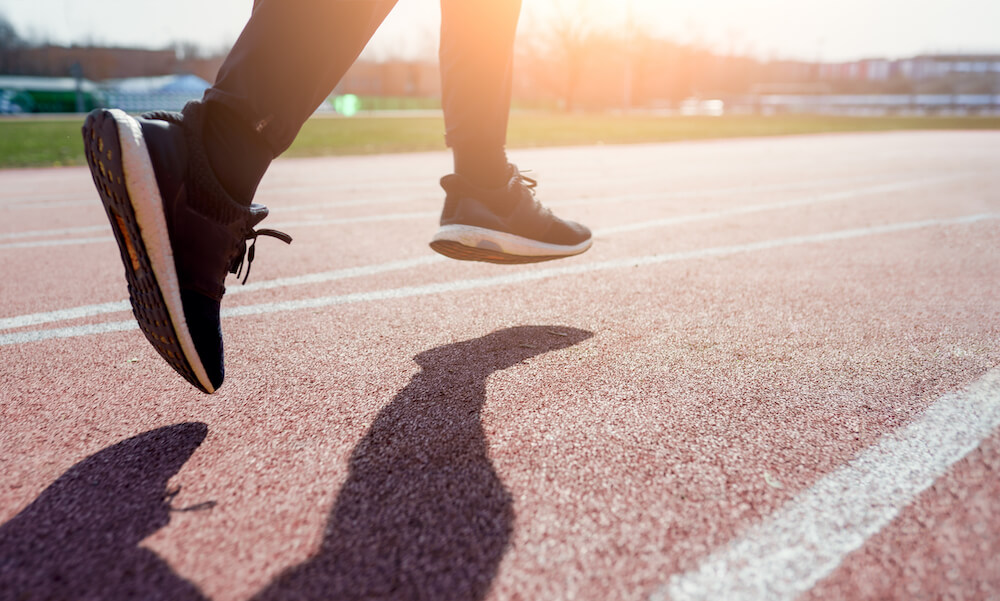
Have you ever wanted to have robotic assistance? That could come sooner than you think! Read about Nike’s cool new invention that may be the future of mobility.
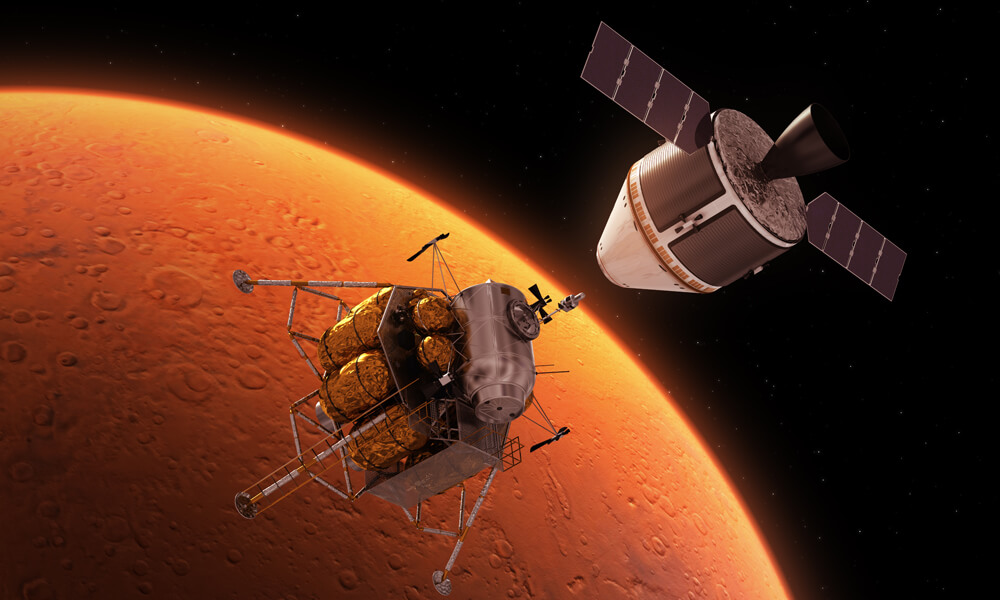
With the development of the next-generation Orion spacecraft—designed to eventually take astronauts to Mars— comes a number of all-new, advanced systems designed to track, monitor, and communicate with the spacecraft and its passengers. For NASA’s Mission Control facilities, all this additional technology meant that a brand new space was required to house the additional monitors and extra personnel. And that new space was shown to the public for the first time in late August of 2025.

Learn about a few ways people can de-clutter their minds at work.
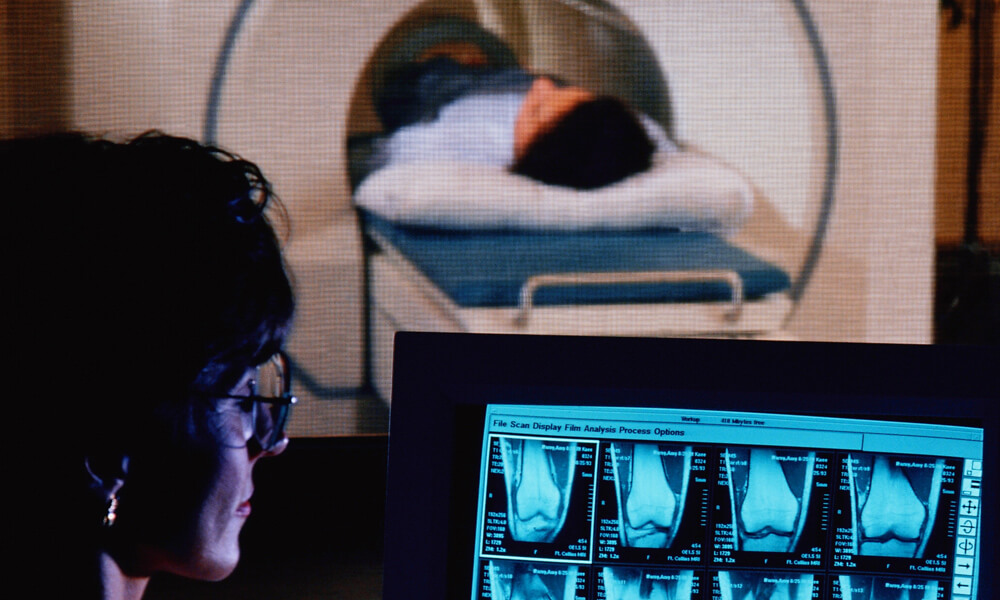
In what’s expected to soon be commonplace, artificial intelligence is being harnessed to pick up signs of cancer more accurately than the trained human eye. This latest AI model has a near 100% success rate and serves as a clear sign of things to come.
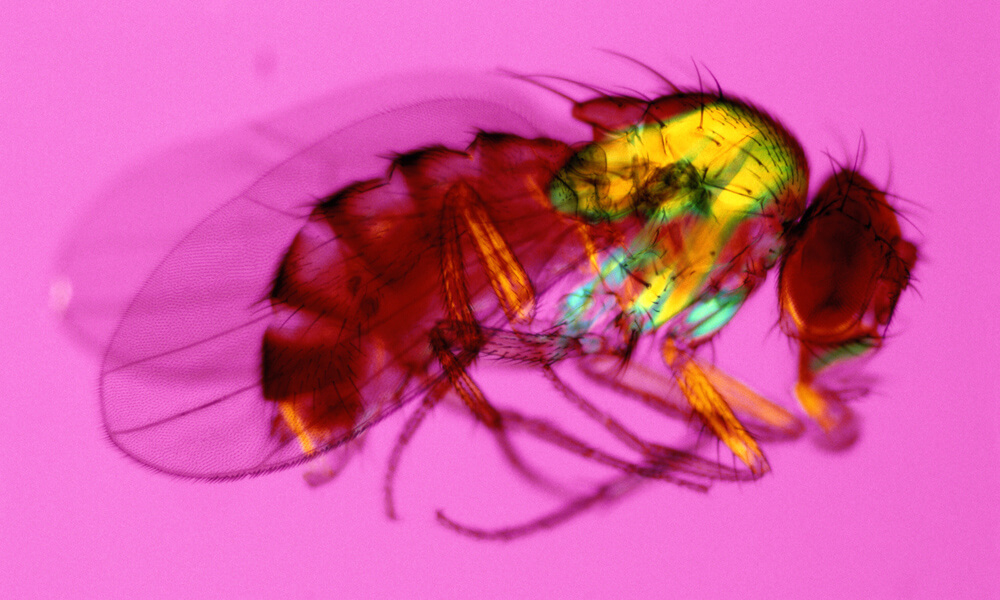
A fruit fly’s brain is only the size of a single poppy seed, but it contains a whopping 50 million connections between its neurons. With the assistance of AI, scientists have recently mapped these connections for the first time—the first time for any insect’s brain. It teaches us a lot about how a fruit fly’s brain works, but more importantly, this achievement has already begun to reveal lessons about how all brains work, including yours and mine.
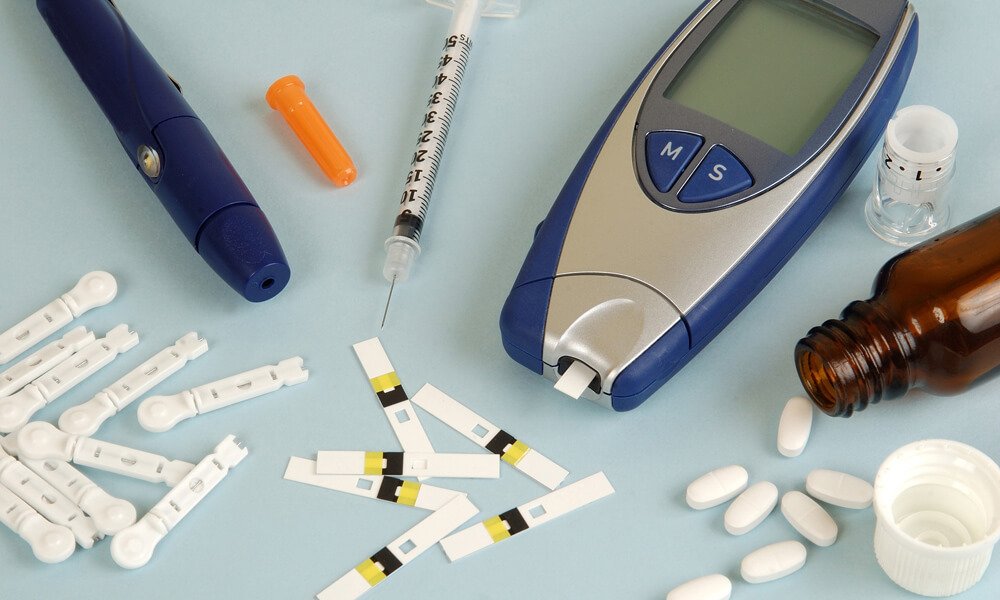
Before insulin was first used in the 1920s (barely 100 years ago), a patient with Type 1 Diabetes was expected to live less than 2 years after being diagnosed. After insulin, diabetics began living longer and longer. Type 1 diabetics today can expect to live into their late 60s or early 70s—but doing so requires a lot of medicine, devices, and thoughtful care. However, a new treatment option is currently being tested that may make care easier and help patients live even longer.
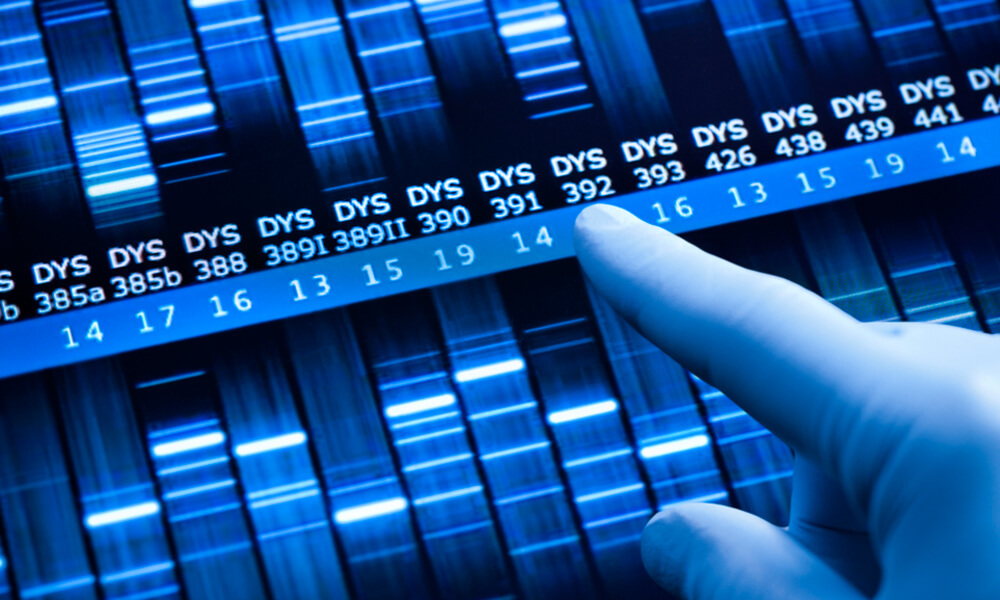
Johnny Lubin, one of the first in the world to try a new kind of medicine that uses a gene-editing tool called CRISPR to offer a potential cure for sickle cell disease.
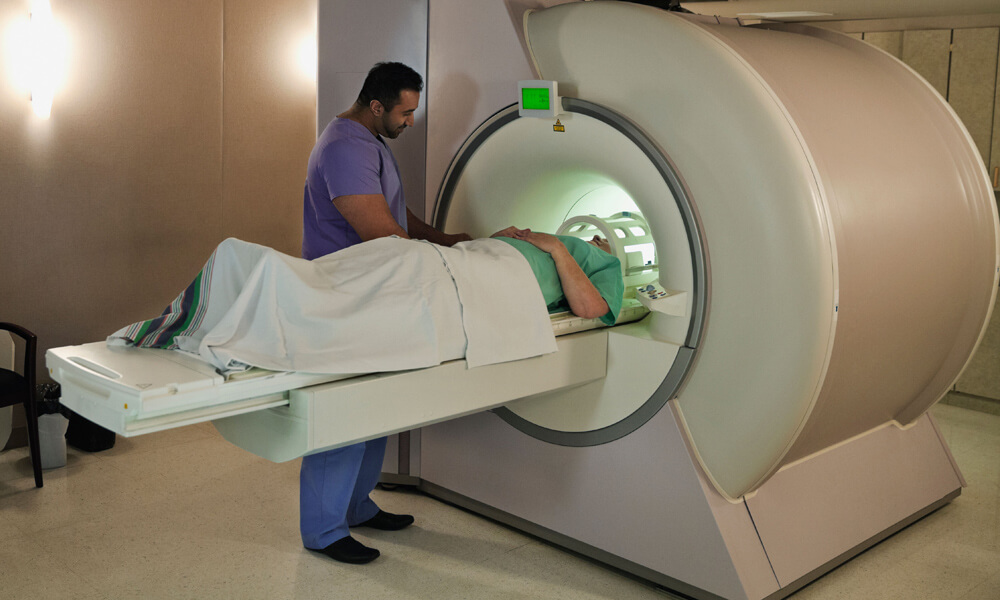
Quick! How many organs are there in the human body?
Don’t worry, I can’t remember, either. But whatever that number is, some scientists are proposing that we add one more to the list—a newly discovered system of fluid-filled tissue that goes throughout the body called the interstitium. And understanding it may open up brand-new options for treating everything from cancer to immune disorders to gum disease!
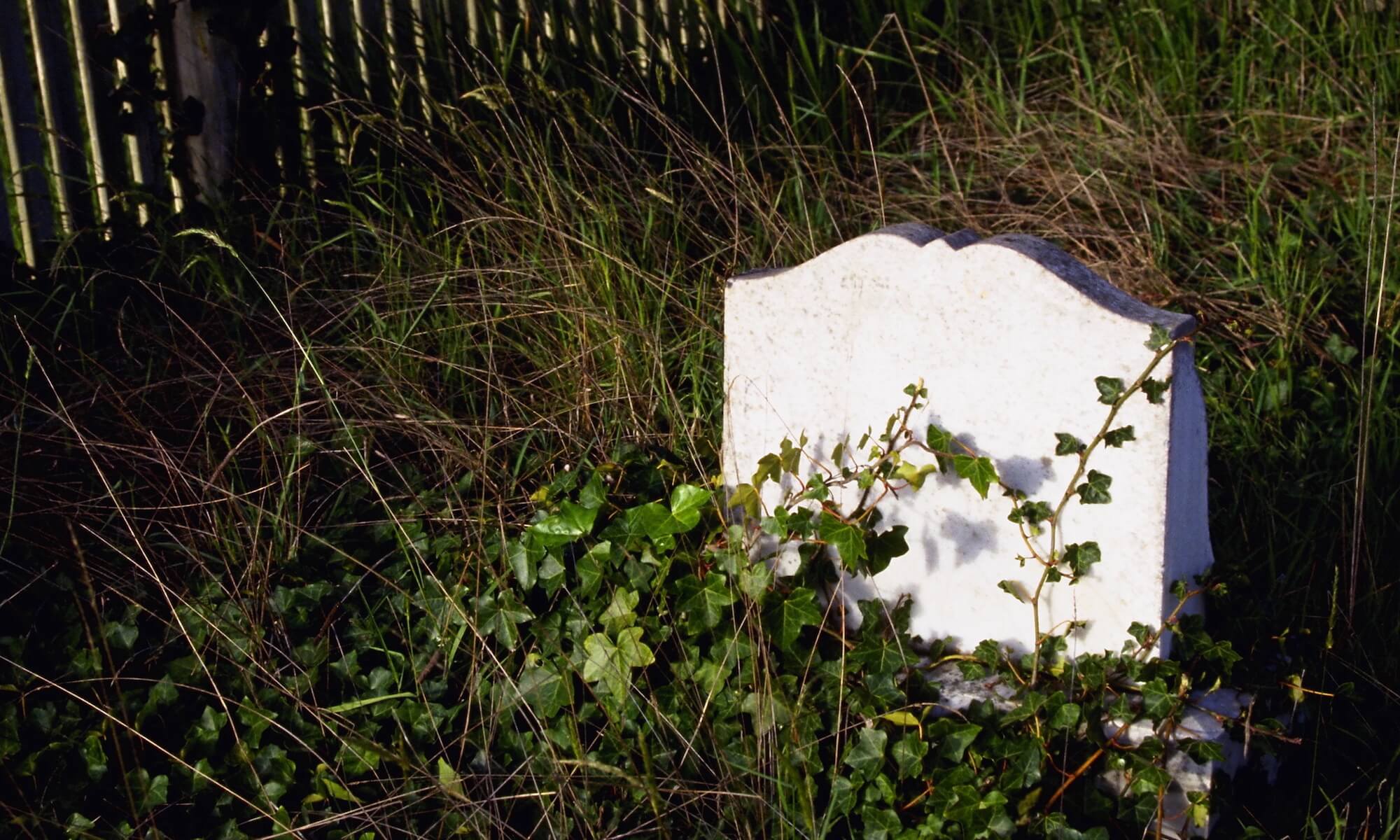
Writer, anthropologist, and life of the party, Zora Neale Hurston, was a key figure of the Harlem Renaissance. Read this “retrobituary” to learn about her life and death.
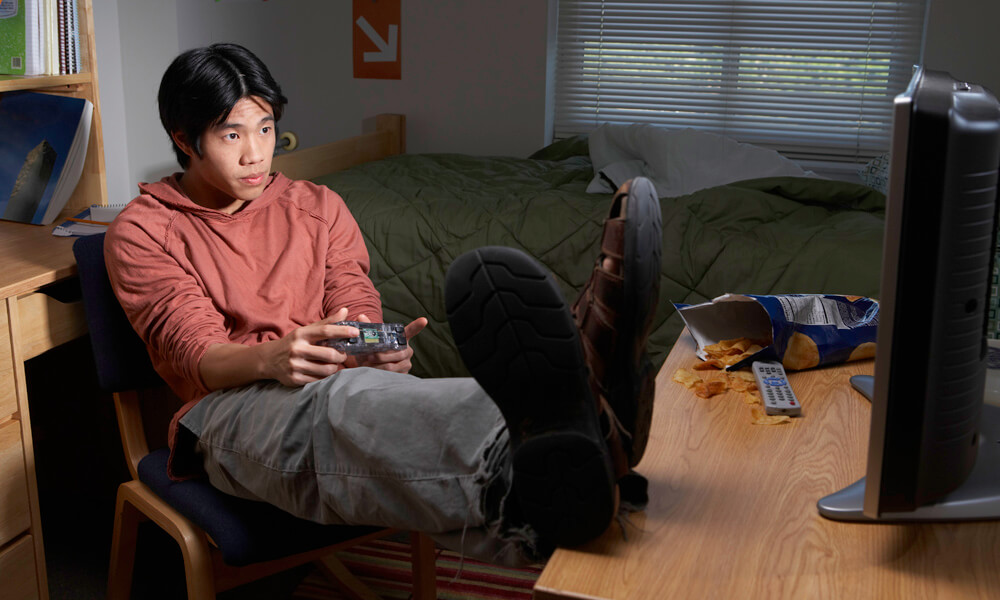
Did you know that most Americans sleep with some sort of electronic device in their rooms at night? Do you? Find out how this habit might be affecting your sleep.
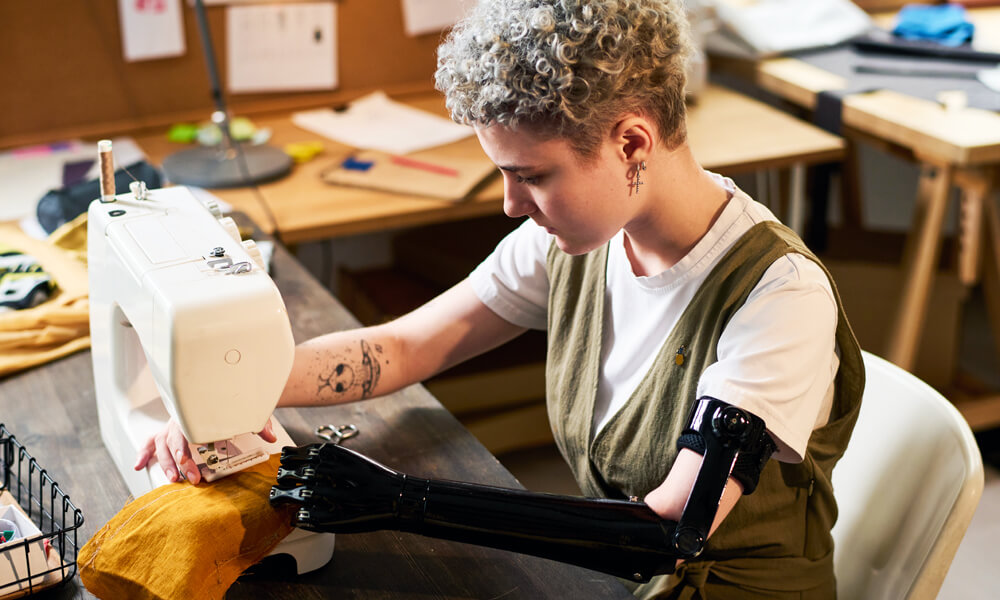
Researchers in Italy and Switzerland have developed a new device that makes it possible for a person with an amputation to sense temperature through their prosthetic hand. The technology is a major step toward prosthetic limbs that could restore a full range of senses, improving both the prosthesis’s usefulness and its acceptance by those who wear them.

Its formula long forgotten, the mystery of why Roman concrete remained strong over several millennia when more modern versions crumbled much faster has long baffled scientists and engineers. But now the secret of “self-healing” concrete has been rediscovered and it could lead to a construction revolution more than 2,000 years after it was first discovered.
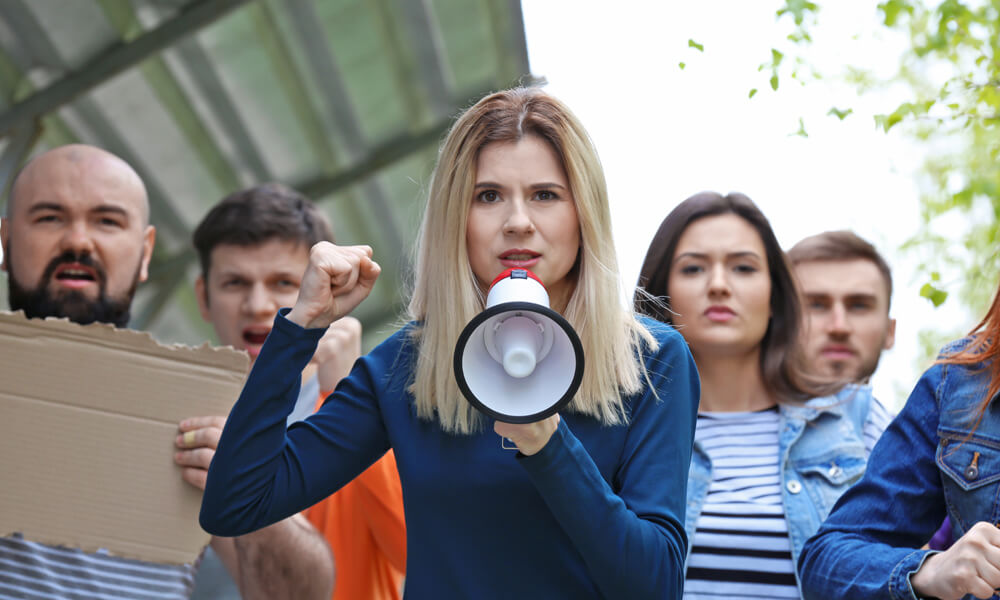
The Writer’s Guild of America (WGA) went on strike for 148 days this summer, demanding that studios put guardrails around AI’s encroachment on their work. The effects of their new contract will echo in industries far beyond Hollywood.
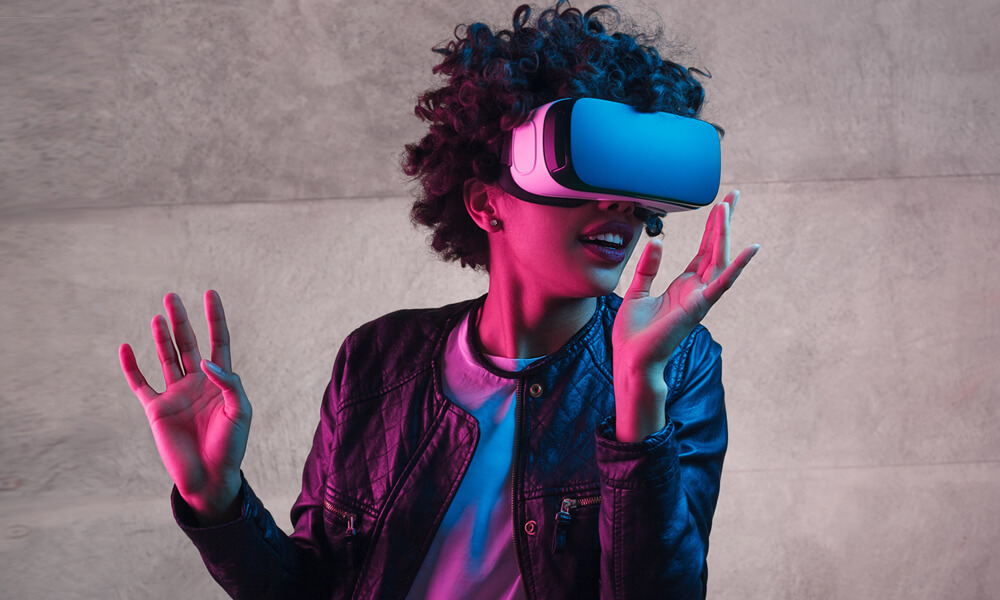
There was a time when there was no written language and almost all communication was spoken. Even when language evolved, it was often written on stone and not very portable until the invention of paper. History is full of such advances. Even the now ubiquitous smartphone was thought to be science fiction just a couple of decades ago. But have you ever asked yourself what advances may come next?

With the advent of more “personalized” ad experiences and the increasing value of personal data, companies have dirty tricks up their sleeves to manipulate users.
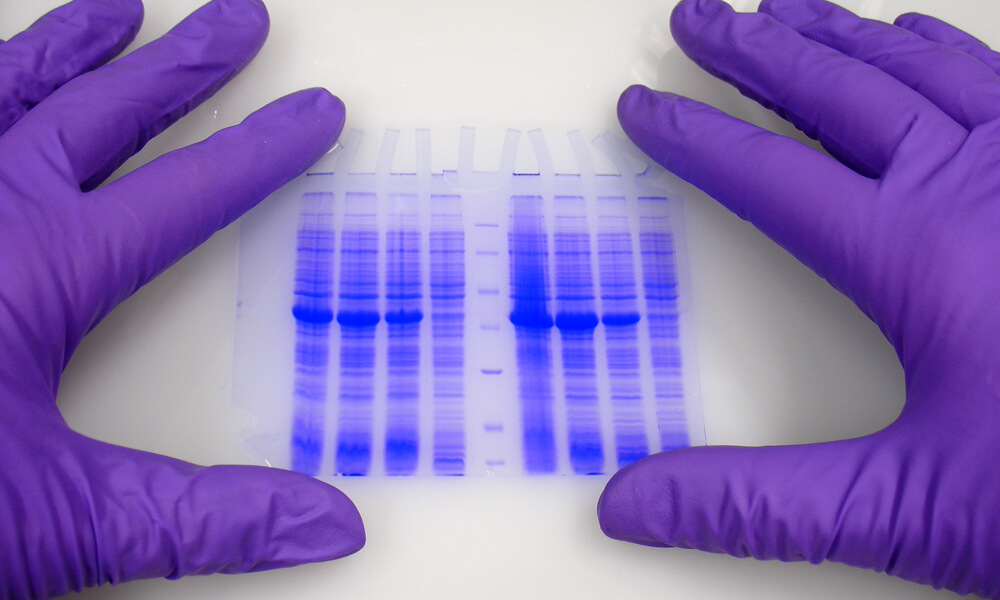
Nearly 50 million people have used consumer genetic-testing services to have their personal DNA analyzed to learn more about their ancestry, their risk for developing various diseases, or to find long-lost relatives. While there are many upsides, there are risks, as well. This article walks you through five of biggest risks when sending your DNA off to be tested.
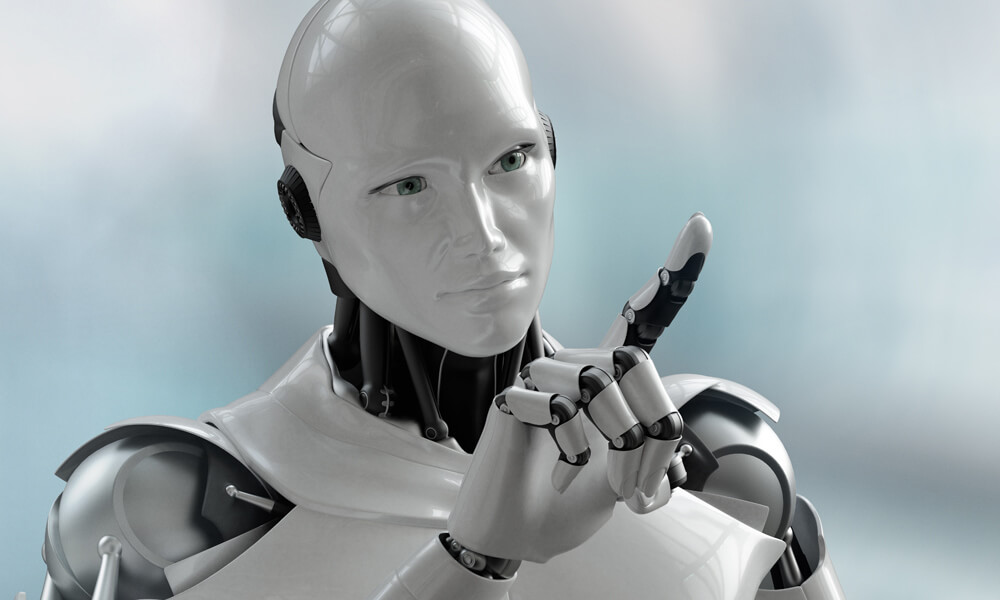
It seems artificial intelligence is everywhere these days, and the world of art is no exception. This has led to many questions, such as “can AI-generated art be copyrighted?” Courts have started to weigh-in and so far, the answer seems to be that machine generated art should not get the same protections as human-created images.

At age 13, Mary Beth Tinker wore a black armband to school and ended up in court over her freedom of speech. Now, 48 years later, Tinker is traveling the country to talk to students about their first amendment rights.

Writer Eileen Gunn explores the pessimistic or optimistic views of science fiction authors and how their stories influence real scientists.